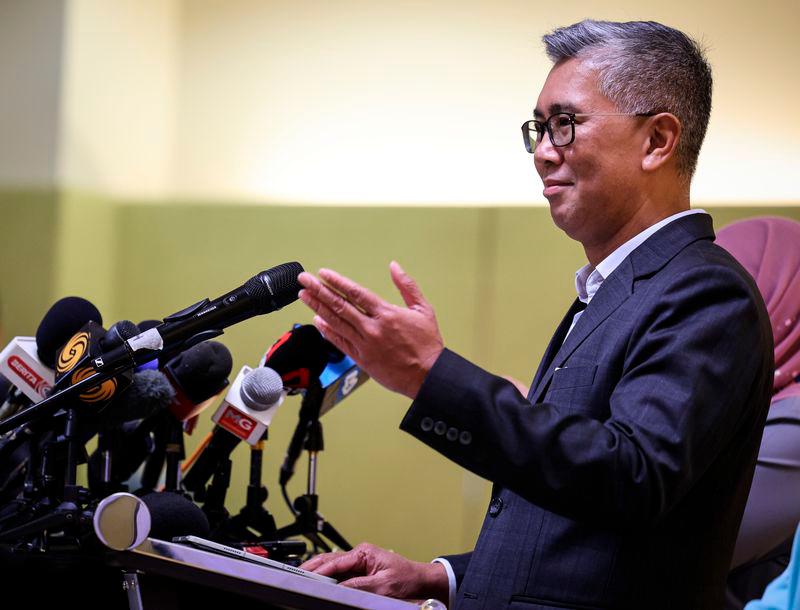KUALA LUMPUR: Malaysia remains firmly committed to engaging both the United States (US) and China in safeguarding its economic interests, as tensions surrounding the US’ reciprocal tariffs heighten ahead of Chinese President Xi Jinping’s official visit starting tomorrow.
Investment, Trade and Industry Minister Datuk Seri Tengku Zafrul Abdul Aziz said the government is pursuing a dual-track strategy, engaging bilaterally and multilaterally with its major trading partners, while maintaining an open posture to both Washington and Beijing.
“We continue to engage with the US government at every level, and at the same time, we are open to increased collaboration on trade and investment with China and ASEAN,” he said at a press conference on the National Geo-Economic Action Council (NGCC) here today.
He said that discussions with senior Chinese officials had already taken place, including virtual meetings with China’s National People’s Congress.
Reaffirming Malaysia’s stance on the US tariff, he reiterated that Malaysia will not retaliate with tariffs, instead, it will focus on reducing tariff rates and expanding the list of exemptions for Malaysian exports.
Tengku Zafrul said the government has taken several measures, including negotiations with US counterparts and consultations with key industries, such as semiconductors and high-value manufacturing, many of which are backed by major American firms.
“Meetings have already been held with top US companies like Intel and Oracle, which have reaffirmed their commitment to Malaysia despite the new tariff landscape.
“Many of these firms are working with us to highlight how integrated supply chains involving Malaysia benefit both sides,” he said.
On multilateral coordination, he affirmed that Malaysia is working closely with ASEAN partners to present a united front.
“ASEAN countries will pursue both bilateral and multilateral engagements... and we have agreed on the principles of multilateralism, and we will not retaliate with countermeasures.
“Instead, we will continue to support open and fair trade,” he said.
Tengku Zafrul also noted that some sectors have already been exempted from the US tariffs, particularly those under the electrical and electronics category, which makes up a significant portion of Malaysia’s exports.
However, about 70 per cent of affected products remain subject to the 10 per cent tariff, he added.
“To address concerns from exporters, a task force comprising government agencies and industry stakeholders has been set up to assess both the direct and indirect impacts of the tariffs, and to formulate support measures, which include financial assistance and adjustments to the national investment policy.
“The government has engaged the industries, identified pain points, and is working closely with the Ministry of Finance and other relevant bodies to determine appropriate mitigation steps,” he said.









